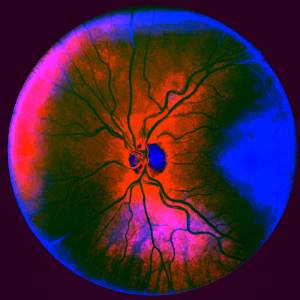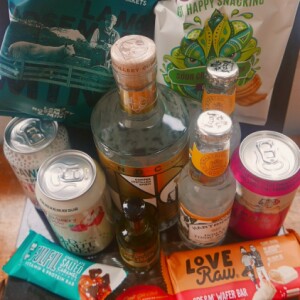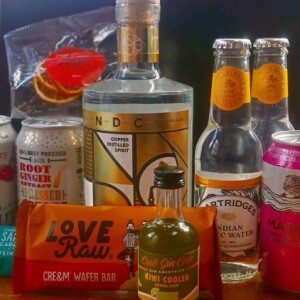Still Life With Gin (Saturday 8th April 2023)
My quarterly Gin Craft Club delivery arrived last Wednesday and had a New Zealand theme. I photographed it then (see Extra) but the picture couldn't be published until Saturday, when all staggered deliveries should have been delivered to subscribers. That doesn't work for Blip of course and so a second photograph was taken on Saturday (second Extra), after both packets of crisps had been devoured. Later in the day I made up a cocktail as described in the accompanying Ginned magazine using ingredients from the package (actually the tonic water and garnishes were from a previous supply) and decided to photograph it again in its current condition for Blip.
For the picture I forgot to replace the Kiwi Cooler bottle that I'd opened, possibly not unrelated to the effects of the drink.
L.
Easter Monday 10.4.2023 (1243 hr)
Blip #3849 (#3599 + 250 archived blips taken 27.8.1960-18.3.2010)
Consecutive Blip #006
Blips/Extras In 2023 #058/266 + #036/100 Extras
Day #4760 (1170 gaps from 26.3.2010)
Lozarithm's Lozarhythm Of The Day #2989 (#2829 + 160 in archived blips)
Alcohol series
Gin series
Craft Gin Club series
Still Life series
Taken with Panasonic/Leica DMC-LX100 M4/3 compact
Lozarithm's Lozarhythm Of The Day:
Ry Cooder - How Can a Poor Man Stand Such Times and Live? (recorded live, 14–15 December 1976, The Great American Music Hall, San Francisco CA)
Ry Cooder (vocal, electric guitar), Flaco Jiménez (accordion), Bobby King, Terry Evans, Eldridge King (vocals), Pat Rizzo (alto saxophone), Jesse Ponce (bajo sexto), Henry "Big Red" Ojeda (bass), Isaac Garcia (drums)
Ry Cooder included this old song on his self-titled debut album in 1970 but has featured the song in various arrangements up to the present day, notably when touring with the musicians on his Chicken Skin Music album and subsequent tours. This particularly magnificent performance comes from the live album Show Time with that line-up, and was played on a recent edition of Cerys Matthew's Blues Show (Radio 2).
It was written, composed and first performed by Blind Alfred Reed, accompanying himself on the violin when he made his record on 4 December 1929 in New York City. The song tells of hard times during the Great Depression and is considered an early example of a protest song.
One year ago:
The Woodland Garden (Tulips)



Comments
Sign in or get an account to comment.


